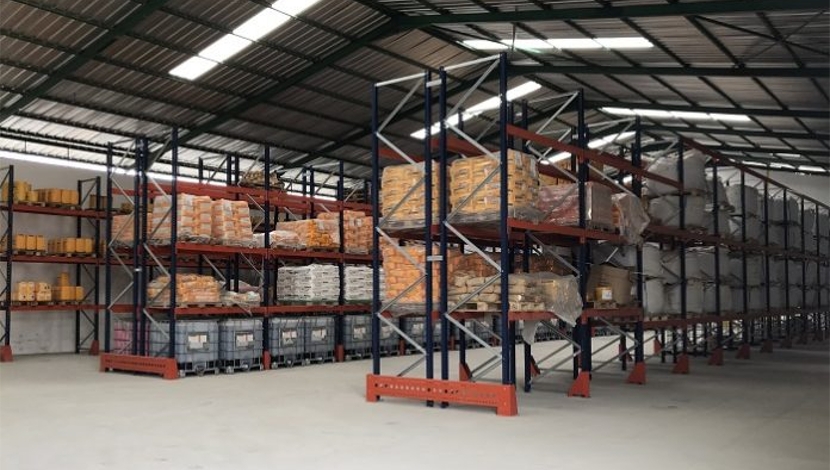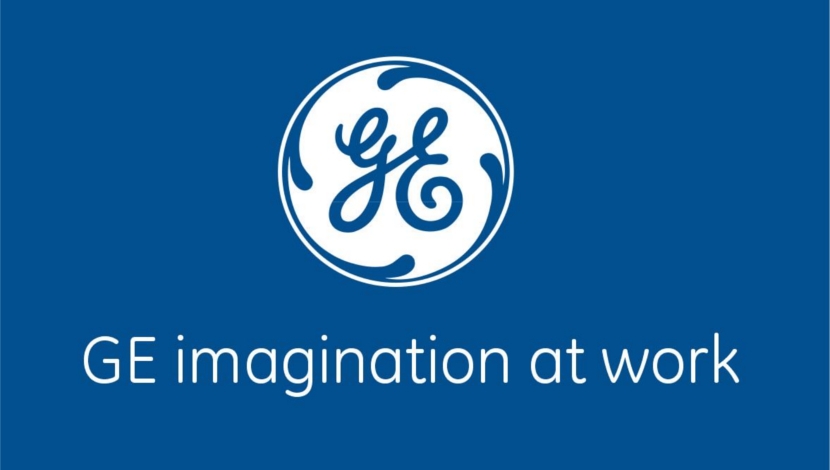
Company officials were aware that air cannons had proven themselves in cement plant applications, helping eliminate build-ups in preheater towers, riser ducts, feed pipes, silos and cyclones. They appointed Martin Engineering to conduct an audit of the processes, and together they developed the optimum solution, including air cannon design, nozzle selection and specific locations to best achieve the firm’s goals.
Founded in 1936, Votorantim Cimentos (VC) is one of the world’s leading manufacturers of cement, concrete and aggregates. The firm supplies 40+ products from 50 production facilities in Brazil. Outside Brazil, VC operates six factories and over 150 concrete and aggregate units in North America, while maintaining substantial investments in Bolivia, Chile, Paraguay, Argentina, Uruguay and Peru.
Cost of Ownership
One of the primary reasons Votorantim officials selected Martin Engineering for the air cannon work is the low operating cost of the company’s equipment. “Compared to other sources of energy, compressed air is relatively expensive,” Martin Engineering national sales manager Rodrigo Trevenzolli explained.
“There are many factors in computing the exact cost within a given plant, but most estimates currently place it between 20-30 cents (USD) per 1,000 cubic feet (28,317 liters). As energy costs continue to rise, so does the value of cannon technologies that can reduce compressed air consumption.”
Recently, new valve technology has produced significant performance advancements in air cannon designs. The new family of positive-action valves from Martin Engineering produces about twice the blast force output of the valve generation introduced just a decade ago, while using about half the compressed air volume.
If the two designs were set to deliver the same discharge force, the new valve would operate at about half the pressure of the old. Air cannon networks with more advanced valves cost more up front, but the air savings more than pay back the difference over the life of the system.
After studying the plant designs and potential accumulation spots, engineers from the two companies identified the optimum locations for the air cannons. Crews are now collaborating on the installation of 110 Martin® Hurricane Air Cannons in the plants, covering preheater towers, additive silos and cyclones.
The units will fire a powerful discharge of compressed air in a prescribed pattern to remove material that becomes adhered to vessel walls and ductwork. In the Cuiabá plant, 56 cannons are being installed, with 54 placed at Rio Branco.
Global Technologies & Service
Work at Votorantim illustrates Martin Engineering’s global effort to make bulk materials handling cleaner, safer and more productive. Brazil and the African continent are key regions in the company’s expanding programme to deliver leading-edge technologies and expert technical service to customers worldwide.
VP of Operations Robert Nogaj said: “They are areas of significant and growing activity in cement manufacturing, power generation and coal mining.” Some of Martin Engineering’s global customers are expanding into Brazil and Africa, and the company is growing its business in line with those customers.
The firm has had a major impact on the countries’ cement industries by focusing on the development of equipment that promotes more efficient bulk material handling, mitigating product loss and keeping air pollution control devices working at peak efficiency. The company’s policy of hiring and training employees from each region creates local experts in maintaining and running conveyor systems.
Martin Engineering supplies conveyor products around the world in a wide variety of bulk material applications, including cement / clinker, rock / aggregate, coal, biomass, feed pellets, grain and other materials.
Founded in 1944, the firm is headquartered in Neponset, IL (USA), with manufacturing, sales and service from factory-owned business units in Brazil, China, France, Germany, Indonesia, Mexico, South Africa, Turkey, India and the UK, and under exclusive license with ESS Australia.
For global representatives visit www.martin-eng.com/rep-finder.
FOR MORE INFORMATION CONTACT Rafael Junqueira,email:[email protected]/www.martin-eng.com





